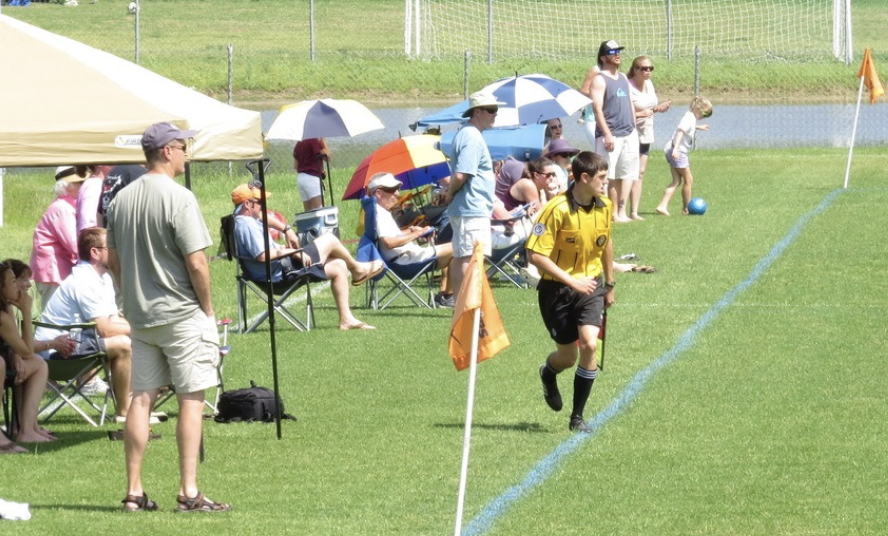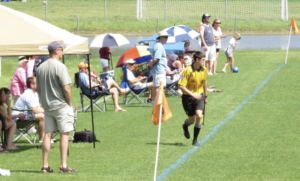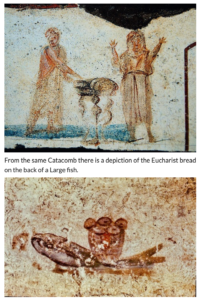
I hate to start with the word politics. It means ‘affairs of the people of the city’. No, I don’t mean those sort of affairs, but how everything relates to every person. How could the resources of the place where we live be distributed?
Today, we may be a little disheartened by politics: the accountability, integrity of our representatives. Back in the day of the Bible, it wasn’t much better. Men were the ones who represented communities and would speak in outside areas so all could hear. Possibly with politics, listening might be a better way of starting?
The church of the day wasn’t that much better. They would also have arguments, there would be infighting.
Seriously, have we today created a structure that is static, not easily able to move with the times and with the people?
Our churches were built where people frequented, but then times changed. The centre of gravity for that area slowly but perceptively moved, sometimes where we were became somehow forgotten. Why? Because the power had been moved elsewhere.
What did that leave? No, not nothing, but people.

I used to skip church (with permission) when I first was on probation and meet parents on the touchline at football matches on a Sunday morning. I would wander down the canal and speak with those fishing. I would mingle with the traders at the market. On Friday’s I would be at prayers at the Mosque. Our call for the church of today is to go where the people are. Can we hear that also?
They were a community first before any thoughts of a religious enterprise would emerge,
The new community as described in Acts
engulfing certain churches in the West.
Luke 24: 36b-48
Luke seeks to account for the resurrection in different ways to other writers. We have the women and ‘two men’ at the tomb; the women announcing what they have seen to the disciples; Peter needing to verify what the women had said; the meeting with Jesus on the road to Emmaus; the gathering of all the disciples back in Jerusalem; and after this story, they are off to Bethany, where Jesus leaves them.
There’s a theme here: Jesus revealing himself, a bit of eating, some teaching,
and then sending them out.
We have Jesus seemingly just appearing and offering Peace. This isn’t Pentecost, just Jesus coming to the people where they are and being real. Wow, did they need peace – not just some quiet, put your feet up and chill out peace, but an internal peace, where the mind stops whizzing at a thousand miles, where you can finally focus upon something.
It’s meeting them where they were.
He asks for some food: what might we expect them to offer him? Bread and wine? No, it was fish and bread – something which was commonly seen in artwork at the time. This would make the work of communion a really messy job – with all that oily fish.

There are no use of the words we might hear at communion – he just ate the food. Nor is the food shared, as it was with at Emmaus. Perhaps it was merely there to prove that Jesus was resurrected? For the early church, this bodily resurrection was really important, and this was emphasised yet again in the early 20th C with fundamentalism. Think rapture – not in the Bible.
So, I ask you how important is
bodily resurrection to us today?
For some, it is the focus at funerals, as if it were our gift for being good Christians here on Earth. Our Father has many mansions etc: can I have one with a pool? When I think Jesus explains what it is really about.
It starts, with some context, with a breakaway from the 11th C theory that Jesus died for our sins. It took nigh on a millennia for Christ to be depicted on a cross in artwork, why? Because Jesus was offering something more than a transaction. Jesus was one who would be the voice for the marginalised. He spoke up for those especially from Capernaum, from the Galilee hill country, and brought his argument to Jerusalem. He would upset the prominent leaders of the day by speaking to the untouchables, restoring people to health who had sat there for decades and got under the skins of the Temple leaders. He was one who brought reality to the institutionalised church, departed from their norms, their various ranks and the privileges of the hierarchy. And he was punished, as the rulers of the time, the Romans, would do to any who would buck the trend, upset the Pax Romana. Crucify him.
What was his message? That the way to be was,
not one of violence, but love.
He spoke so often of Heaven on Earth but the Church, in its development, caught a glimpse of luxury, comfort and grand conclusions – rather than the peace which he offered : where our physical, mental and spiritual self were at one. Not a peace that the world can bring, but one of God. If only we could change our ways from violence after violence, and advocate for non-violence – that was the message from Jesus.
What would follow was that the Way were finally called Christians. The growth was exponential even before the Romans sought to grasp Christianity in the 4th C. They would meet not only in synagogues but houses. They would meet where they lived, where they congregated.
They were a community first before any thoughts of a religious enterprise would emerge,
engulfing certain churches in the West.
How do we consider ‘church’ these days?
- When folk are hurting so much with the Cost of Living, with addiction, with mental health:
- how does what we do and are reflect that?
- Have we changed, not because society has changed, but so that we can be with the people where they are?
- Not merely geographically but meeting where they want to be?
I am enjoying the dialogue